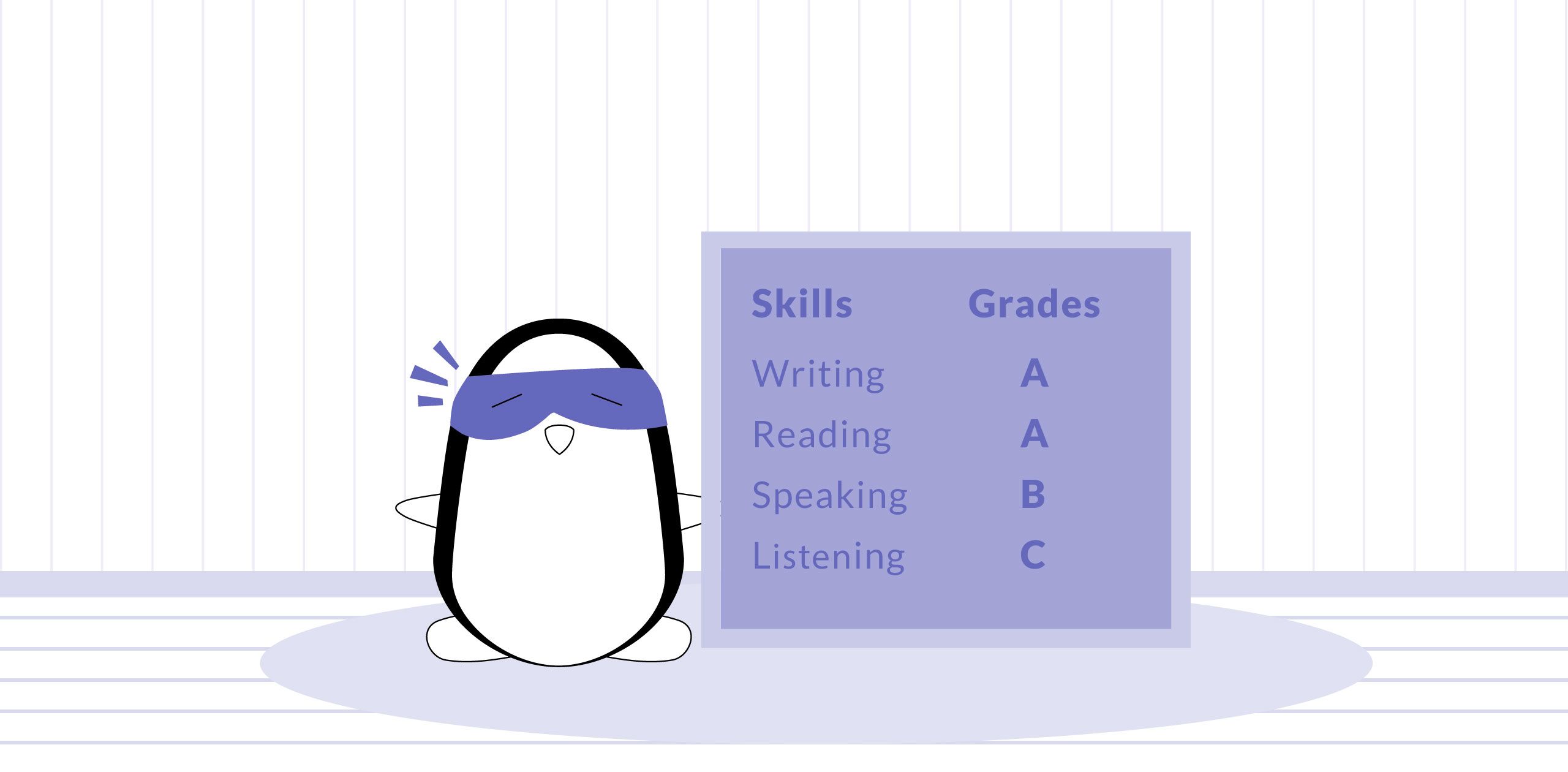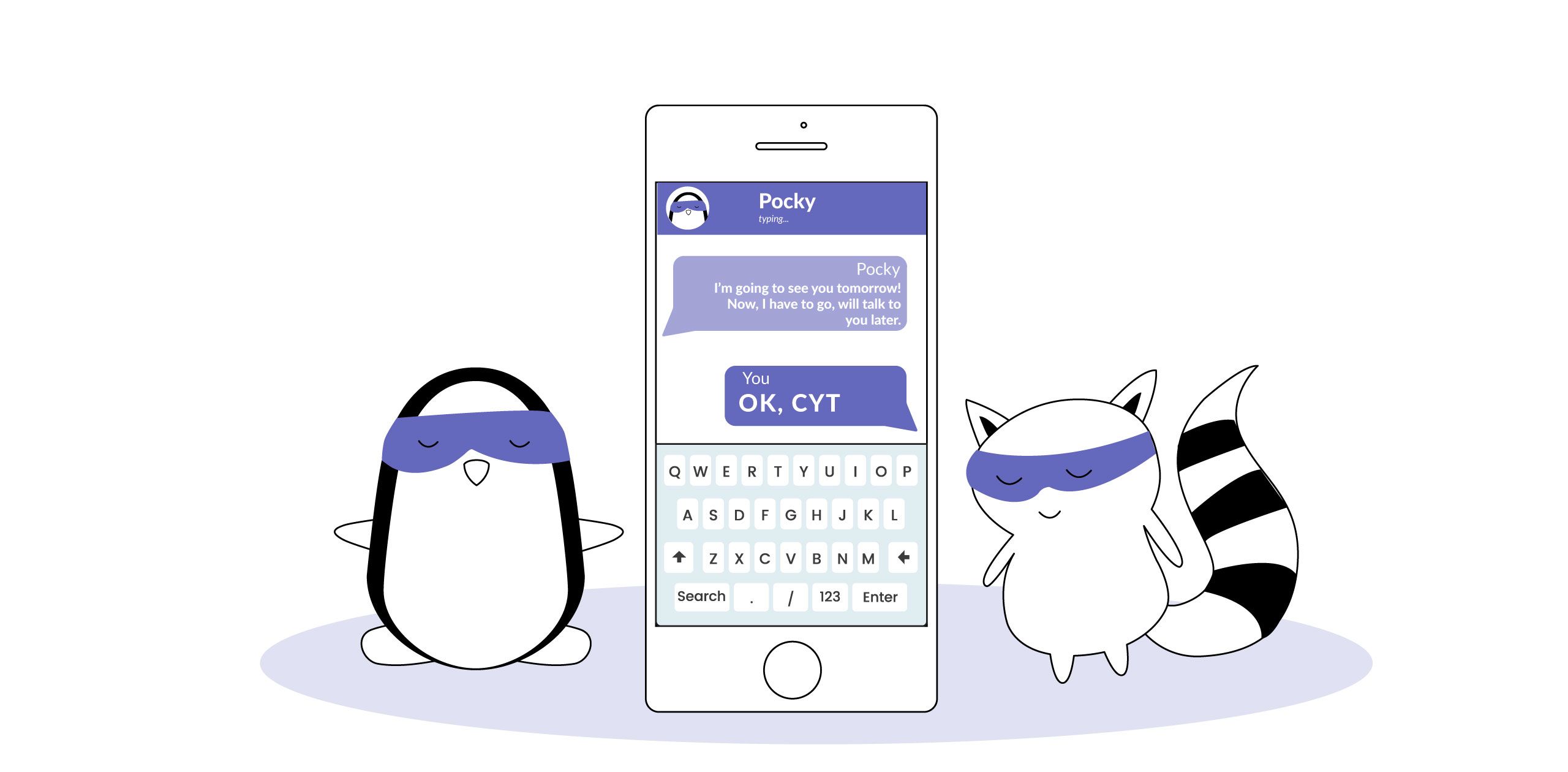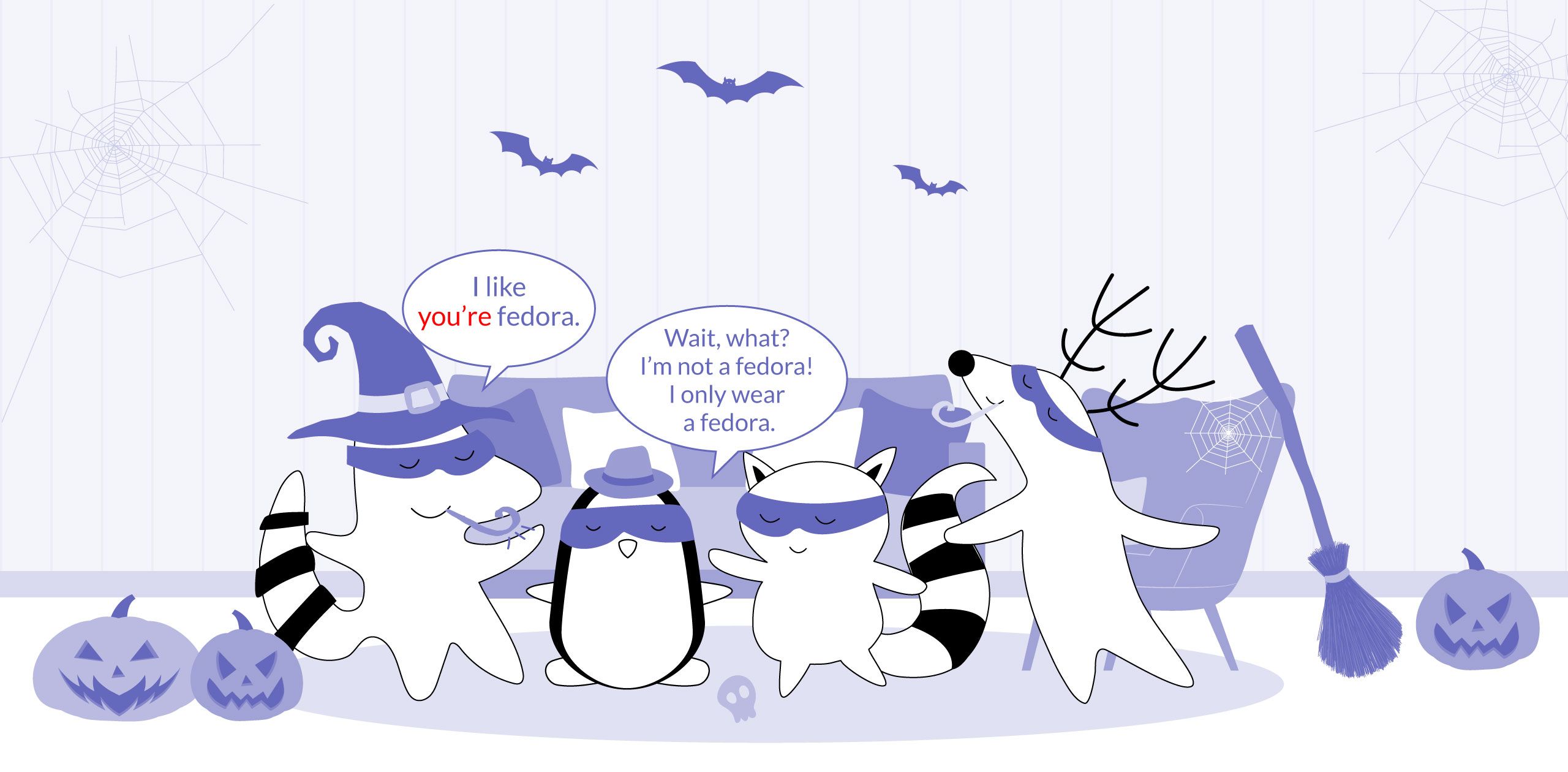The right dictionary can become a faithful ally and a handy tool for learning new words. However, with so many online resources available, choosing the right one for you can become a challenge.
For example, having a Google Dictionary extension for your web browser can be handy, but you cannot access it as a separate service. Other websites like Urban Dictionary can be extremely helpful in deciphering English acronyms and slang but aren't reliable when it comes to original definitions.
In order to find the best dictionary online, you need to identify your needs first. Are you interested in learning both American and British versions of the English language at the same time? Do you need a mobile app? Do you prefer to study by playing games or do you need a strict system? Do you need a tool to check yourself?
Answering these questions will help you understand what kind of online dictionary you're looking for. Below, you will find the best online dictionaries to help you choose the one that will meet your needs, check them out!
Learn English with Langster
Macmillan Dictionary
Lexicographers from the UK and the USA are working on Macmillan Dictionaries, so one of its main advantages is that you can find both British and American spelling and pronunciation. When searching for words, you can use the search bar to find a word you need. Under the original word, you will find word forms as well as other entries for this particular word.
If the word is marked red and comes with stars alongside, it means that this one represents the core vocabulary of English, with stars indicating how frequently this word is used: one - seldom, two - sometimes, three - often.
Below, you will also find the part of speech defined, along with the button that allows you to voice pronunciation. If you are looking up a verb, you can find the verb forms that show how the word changes in different tenses. There are also definitions and example sentences.
You can find common phrases and phrasal verbs at the bottom, and there are also grammatical nuances listed in the Get it right! section. Here are some of the additional sections of Macmillan Dictionary:
- Collocations. Here you can see with which verb, adjective, adverb, or preposition a particular word can be combined.
- Thesaurus. A convenient section to find synonyms for a word.
- Buzzword. In this section, you can search for the most relevant words in a given year.
- Open Dictionary, where users add new words themselves.
- English Language Videos. Here, you can find videos on vocabulary and grammar, as well as language quizzes and word games that will help improve your listening skills and pronunciation.
- Blog page where you can also find many helpful articles or install Macmillan free dictionary toolbar, gadgets, or plugins fully integrated into your web browser.
Cambridge Dictionary
The online version is a full-fledged replacement for the print version of Cambridge International Dictionary, but with many additional features that the standard dictionary lacks.
One of the distinctive features of this online vocabulary is that you can see which level of the English language a particular word belongs to. For example, the verb "to say" belongs to A1 (Beginner, Elementary levels), "to pronounce" - B1 (Intermediate), and "to utter" - C2 (Proficiency).
If you register on the site, you can make a profile where you can add words to your vocabulary list. Moreover, the transcription is usually given in both British and American English, along with audio pronunciations.
The Cambridge Dictionary includes definitions, example sentences, and collocations for each word to help you understand in which context it is better to use vocabulary.
There is also a Thesaurus for finding synonyms and antonyms of words, the Explore the English Grammar section, and a blog that discusses in detail word origins, slang phrases, idioms, and abbreviations, as well as provides vocabulary on specific topics.
The Cambridge Learner's Dictionary is also available on the site - a more suitable version for intermediate learners.
Collins Dictionary
Collins Dictionary is an online dictionary of the English language that offers several versions of the interpretation of the word - more difficult for native speakers and easier for beginning English learners.
A distinctive feature is videos with the pronunciation of certain examples. Usually, it also shows the usage of the word in the media, as well as in quotes of famous people.
At the bottom of the word's page, there is a timeline with language statistics - it shows you whether a particular word is new, outdated, or has gained newfound popularity. The dictionary also has Thesaurus, Easy Learning English Grammar, quizzes, video guides, and a blog.
You can also find translations to different languages - not all online dictionaries provide them.
Merriam-Webster Dictionary
Merriam-Webster is a dictionary of American English, meaning that the pronunciation of the word and its transcription are given only in the American version. If you register on the site, you can save words to your profile to practice later on.
One of its coolest features is the Time Traveler section - a search engine that allows you to look at what words were popular in a particular year. For example, plug in your birth year, and they'll show you all the words that were first used in print that year!
In Thesaurus, you can find synonyms, antonyms, idioms, and related words. Another beneficial way to use this online dictionary is to look into the Games & Quizzes section, read interesting blog articles about the word origins, or you can download their mobile app, suitable for both adults and children.
If you prefer listening to the audio, you can listen to the Word of the Day or Word Matters podcasts provided by Merriam-Webster.
The Merriam-Webster Learner's Dictionary is a lite version for non-native English speakers and is also available online. It has two interesting sections - Ask the Editor and Core Vocabulary - that will help you learn 3,000 of the most important words in the English language.
Longman Dictionary of Contemporary English
Longman is one of the best online dictionaries used by both teachers and students. It is designed to allow you to memorize new words and related phrases clearly and quickly.
There is a grammar block on the word's page explaining whether you should use a singular or plural verb with this word. For many words, common lexical and grammatical errors are also indicated in this section. It is followed by collocations and a Thesaurus block with related phrases and fixed expressions.
You will see a few red dots to the word’s right - one, two, or three. The more dots there are, the more often a word is used by native speakers. Furthermore, some words are even illustrated to help you better understand their meanings. You can find the transcription in British and American versions of the English language.
To practice what you have learned, you can look into the English Language Exercises section - there are exercises on vocabulary, grammar, listening, speaking, and even exam preparation. There is also an English Vocabulary Quiz block to practice synonyms, phrasal verbs, phrases, and expressions, making it a handy tool for active English learning.
Oxford Learner's Dictionaries
Oxford Learner's Dictionary is a standard dictionary that provides the most common definitions and dozens of examples of using each word in a given context. There is a record of the American and British pronunciation of each word, as well as a transcription to each of these variants.
One of its most valuable sections is Oxford Learner's Word Lists. Here you can find lists of the most common words, phrases, and vocabulary for academic English.
Dictionary.com appeared in 1995 and today is the world's leading online source for definitions, word origins, synonyms, idioms, and more.
This dictionary also allows the user to easily study synonyms. For example, you can enter a sentence and see possible options for replacing a particular word. Some dictionary entries have a separate Synonym Study section for each word.
You should also pay attention to the Word of the Day page - it provides not only the meanings of words but also voice pronunciation with explanations and examples of use.
You can also find similar features such as Word of the Year, New Words, and World Trends & Stories on the site, along with more niche sections - Slang Dictionary, Acronyms Dictionary (for abbreviations), and Memes Dictionary.
If you want to improve your writing skills, pay attention to the Grammar section of the website - there are interesting writing prompts, tips, and a handy Ways to Say It Better section. If you prefer to learn while playing, you can find Word Puzzle, Crossword Solver, Scrabble Word Finder, and other games in a dedicated section.
The Bottom Line
As you can see, there are many online dictionaries you can use - it all depends on your current needs and English level. Most of them provide multiple meanings, pronunciations, translations, and additional tools like Thesaurus or the Word of the Day to expand your knowledge of synonyms and etymology.
Once you choose your perfect online dictionary, you may also download our Langster app. It is full of bite-sized stories that will help you learn new words in the context and pick up proper phrasing. Good luck!









